“Wisdom Is Not A Product Of Schooling But Of The Lifelong Attempt To Acquire It.” – Albert Einstein

“Wisdom is not a product of schooling but of the lifelong attempt to acquire it.” – Albert Einstein
More Posts from My-dearest-giulia and Others



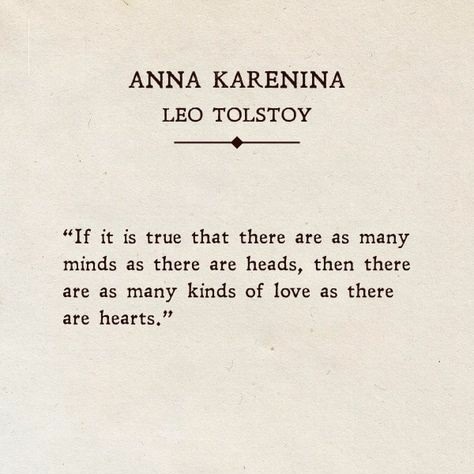










Guercino’s Angels The Angel of the Annunciation, 1646 Angel, 17th century The Annunciation, c.1616-18 The Angel of the Annunciation, c.1638/1639
Alexander woke early; he had left the window open, and fragrant pear blossoms were now floating in and depositing themselves on his face and chest. He thought of yesterday evening and smiled, picking up the little, white flowers one by one and dropping them onto the floor of his room. He stood up and dressed quickly. He picked up his bookbag and nearly ran out the door, but stopped to fuss over his hair, blowing in the spring breeze that came in from the half-open window. He gave up and went down the stairs, skipping every other step. With his bag carelessly flung over his shoulder, he started walking towards the South Meadow, breathing in the sweet air. He hadn’t realised how he felt towards Theo, not now, not yet. All he did was smile and look at the clouds running their slow race across the sky. Before he knew it, Theo fell into step beside him. He kept smiling.
“Good morning, Alexander.” Hearing his name on Theo’s lips awoke him from his reverie.
“Morning,” he said, suppressing his smile so that only the left corner of his mouth turned upwards.
They walked in silence for a bit, passing the few boys that were awake at this early hour. Alexander noticed the way Theo’s curls fell onto his forehead, the way his eyebrows scrunched up and his lips parted slightly when he seemed to be thinking about something, the way he examined Alexander’s face when he thought he couldn't tell. Their eyes met more than once, sweet moments of horror intertwined with whatever that feeling you get when you smile like an idiot is called.
They sat down at a bench near the meadow, and Alexander opened his book. Theo, however, pulled out a sketchbook and started drawing something that Alexander couldn’t see. Before he knew it, the noise built up, and Alexander opened his phone to check the time. They ran to assembly together, laughing the whole way. Everything felt fuzzy for that entire day. They smiled at each other in English, and Alexander noticed how often they agreed on arguments. He also noticed how Theo looked so deeply at the words on the pages of whatever piece of literature they were examining, as if he were trying to piece together a puzzle without all of the pieces. He always looked for a deeper meaning behind every word so quickly, looking for some sort of wonder where Alexander didn’t think to search.
vintage perfume bottles, dusty books, stained glass windows, velvet sofas, dried roses, lipstick smudged coffee cups, shiny shoes, whispered wishes.

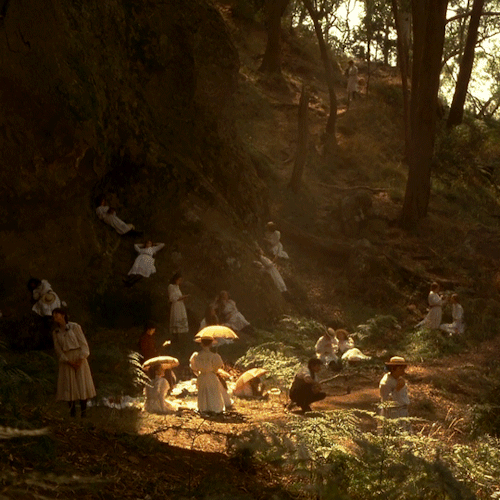
PICNIC AT HANGING ROCK 1975 | dir. Peter Weir









We can talk it so good we can make it so divine
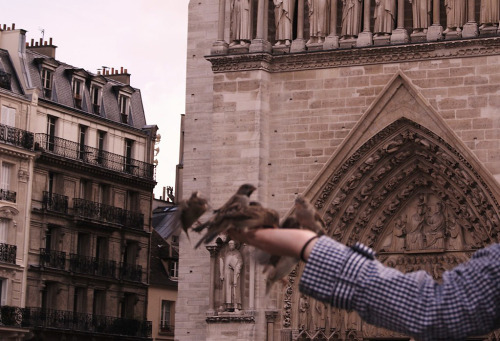
by ashlypic
I believe that a morning should never describe a day. Of course, I don’t believe mornings listen to mortal pleas and reasoning, but I try to enact this rule myself. Yet, it is a morning’s nature to bleed into your perception of a day, tint it with sorrow or with beauty. The only times when I forbid myself from enforcing this rule is when my day is unknowingly stricken with a morning of perfect quiescence, an awake before the world has begun to turn. Those rare mornings can feel free to pour through the seams of time and stain the parchment of afternoons and evenings a beautiful shade of rose. I’m quite a hypocrite, I do know.
Icarus Also Flew
You might look at my life
You might look at a moment of it
You might look at a year
a decade
a century
a millennia
You know I am not to be gone
I will be remembered
My life may look bleak,
My poems laced with sadness.
I look back on them now,
Pretty Little Messages to (sorry I can’t
share this name) and (or this one)—
And to the rain.
But, if you looked at a moment,
A day, even.
Oh, would you see.
Descartes and,
Appalling and,
Hunchback and,
Natalia and,
A Boy and—
Each is my name for a moment.
Together, a name for myself.
Icarus also flew.
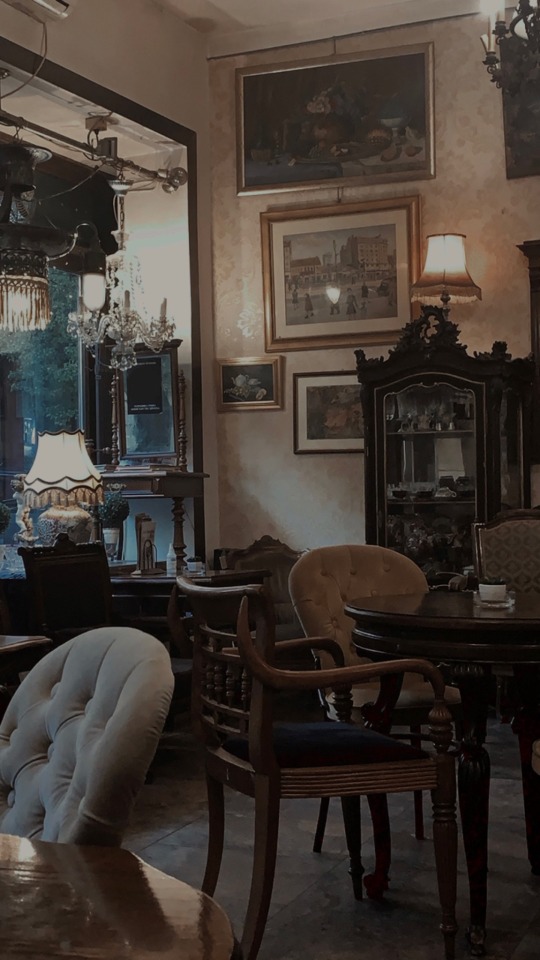
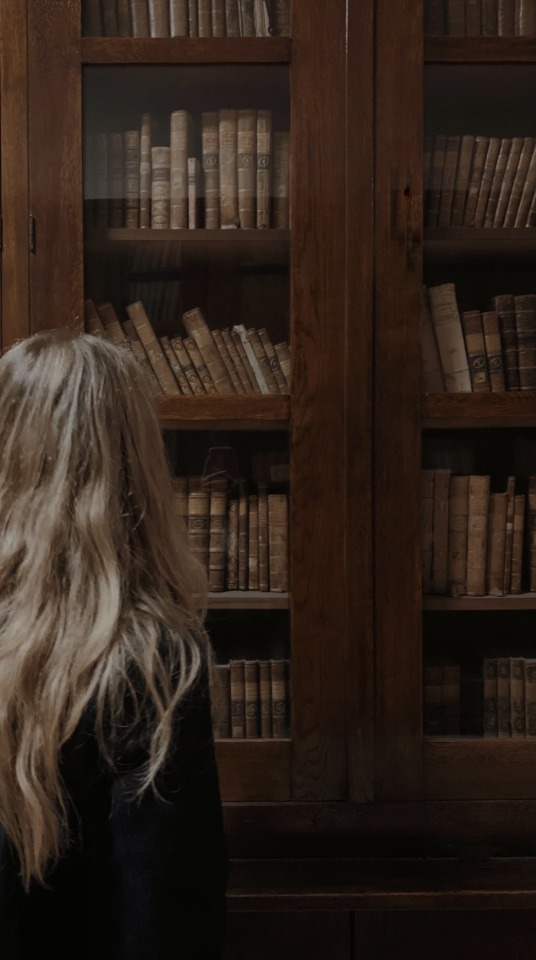
we had been late for coffee
-
 luisito70 liked this · 1 week ago
luisito70 liked this · 1 week ago -
 just-dont-ask-me-why liked this · 5 months ago
just-dont-ask-me-why liked this · 5 months ago -
 sandimexicola liked this · 1 year ago
sandimexicola liked this · 1 year ago -
 bobmarly7 reblogged this · 1 year ago
bobmarly7 reblogged this · 1 year ago -
 bobmarly7 liked this · 1 year ago
bobmarly7 liked this · 1 year ago -
 themetesterfromhell reblogged this · 1 year ago
themetesterfromhell reblogged this · 1 year ago -
 av4u liked this · 1 year ago
av4u liked this · 1 year ago -
 flor-1na liked this · 2 years ago
flor-1na liked this · 2 years ago -
 cat---whisperer reblogged this · 2 years ago
cat---whisperer reblogged this · 2 years ago -
 savageapathy-blog liked this · 2 years ago
savageapathy-blog liked this · 2 years ago -
 jy-lief reblogged this · 2 years ago
jy-lief reblogged this · 2 years ago -
 thesplendidadventure liked this · 2 years ago
thesplendidadventure liked this · 2 years ago -
 larklatroy liked this · 2 years ago
larklatroy liked this · 2 years ago -
 colorfulgreywolf liked this · 2 years ago
colorfulgreywolf liked this · 2 years ago -
 fallengraywolf reblogged this · 2 years ago
fallengraywolf reblogged this · 2 years ago -
 fallengraywolf liked this · 2 years ago
fallengraywolf liked this · 2 years ago -
 wildblueskies liked this · 2 years ago
wildblueskies liked this · 2 years ago -
 possesseth-by-fire liked this · 2 years ago
possesseth-by-fire liked this · 2 years ago -
 theredheadedgirlie liked this · 2 years ago
theredheadedgirlie liked this · 2 years ago -
 djartistbohemic liked this · 2 years ago
djartistbohemic liked this · 2 years ago -
 wsmendley liked this · 2 years ago
wsmendley liked this · 2 years ago -
 mohamaadtariqmujeeb liked this · 2 years ago
mohamaadtariqmujeeb liked this · 2 years ago -
 beaelpea reblogged this · 2 years ago
beaelpea reblogged this · 2 years ago -
 moonowlyperson reblogged this · 2 years ago
moonowlyperson reblogged this · 2 years ago -
 moonowlyperson liked this · 2 years ago
moonowlyperson liked this · 2 years ago -
 travel-wander-learn99-blog liked this · 2 years ago
travel-wander-learn99-blog liked this · 2 years ago -
 saltkisseddreams liked this · 2 years ago
saltkisseddreams liked this · 2 years ago -
 its-emz reblogged this · 2 years ago
its-emz reblogged this · 2 years ago -
 leleigh liked this · 2 years ago
leleigh liked this · 2 years ago -
 a-lwyyn liked this · 2 years ago
a-lwyyn liked this · 2 years ago -
 denofman reblogged this · 2 years ago
denofman reblogged this · 2 years ago
